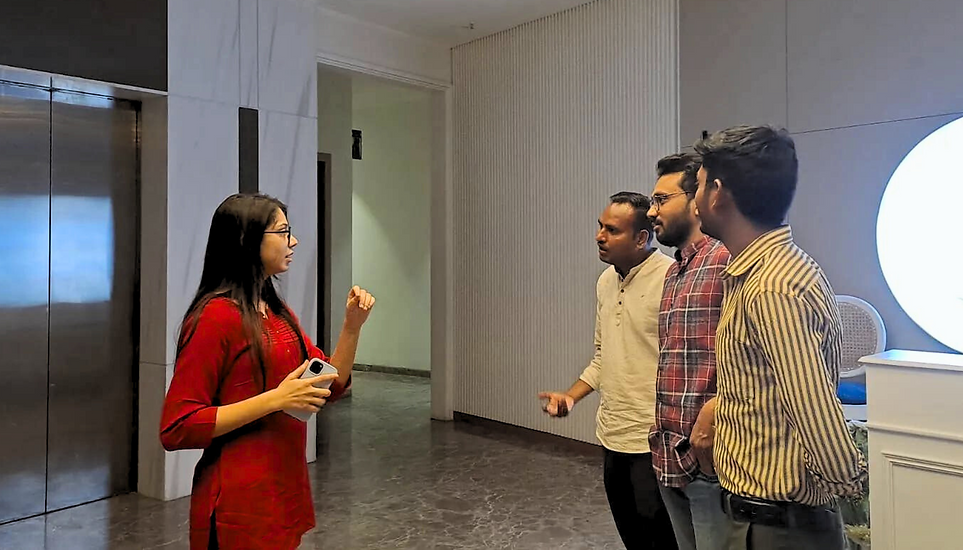The hands that clean our streets deserve more than just recognition—they deserve a choice to leave behind the stigma and hardship
Why can't they just leave?
It’s a simple question, but the answer is far more complex.
Through our work with Sahayta Square, my sister and I have explored the lives of sanitation workers, uncovering the harsh realities they face. Sahayta Square is dedicated to improving the lives of manual scavengers, and our conversations with its founders have revealed the deep-rooted stigma and challenges that safai karamcharis endure while cleaning up our messes. To truly help them, we must first understand the obstacles they face. So, why can’t they just choose another path?
aLeaving a life they know isn’t easy, especially when society is structured to limit their choices. Sanitation workers often feel trapped in their roles. The routine of their work, combined with a lack of societal recognition as formal workers, leaves them with few alternatives. Years of picking up and cleaning garbage have eroded their self-worth, convincing them they aren’t fit for other jobs. This constant fear of societal exclusion affects their mental health profoundly.
Sanitation work is also generational. Families pass down this livelihood to their children, making it difficult to break away due to financial and legal stability concerns. Many workers have migrated from villages to cities, hoping for a better future. However, they often settle in informal communities and take up sanitation work because of housing issues and high job requirements. Without proper city IDs, they face legal issues integrating into the community. Children grow up in these environments, often helping with work and missing out on formal education. As a result, they too end up in sanitation work, perpetuating the cycle.
Mr. Devang Parmar, a notable interviewee, stated, “Manual scavengers should consider the impact of their choices on their children, themselves, and future generations.” Breaking this cycle requires weighing these costs and striving for change.
In summary, the plight of sanitation workers is a combination of limited choices and a society that maintains hierarchical structures. The insights from Sahayta Square’s founders highlight the struggles of countless sanitation workers. Now, it’s up to us to advocate for a more dignified life and provide the choice to leave to these tireless workers.

